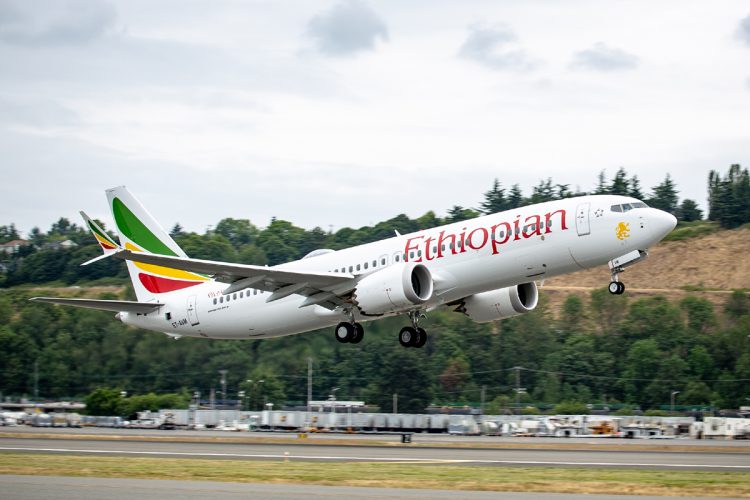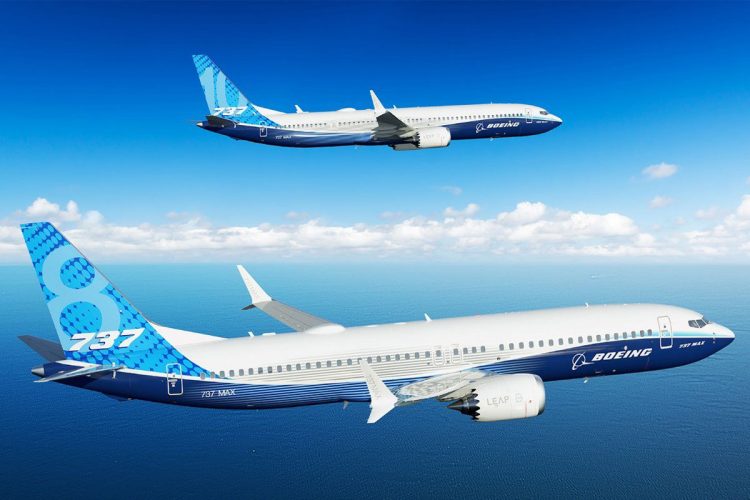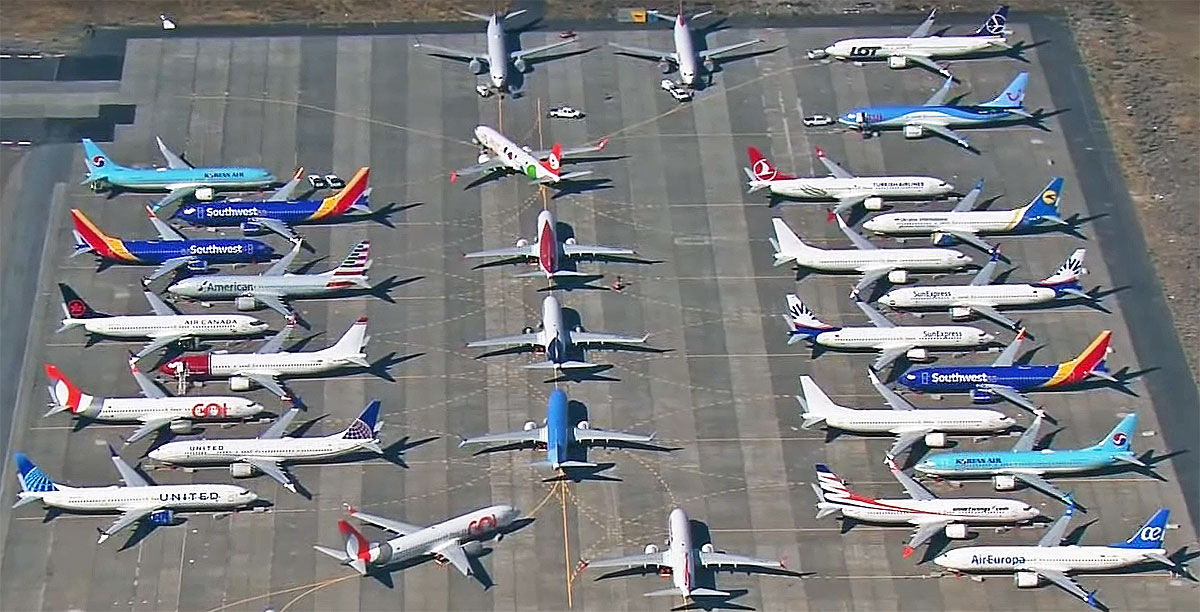At the end of Monday, December 16, Boeing confirmed what was expected: production of the 737 MAX will be halted from January and should only return when it becomes clear that the narrowbody can be approved by the FAA, the US civil aviation.
The decision to suspend assembly of the world’s most popular commercial jet was made in the face of a lack of clarity about its return to service. Scheduled for December, FAA approval did not occur due to several pending requirements. The agency estimates that the process will be completed only in February or March.
With 400 aircraft stored at its facilities, Boeing had no other way but to stop production. “As a result of this ongoing evaluation, we have decided to prioritize the delivery of stored aircraft and temporarily suspend production on the 737 program beginning next month. We believe this decision is least disruptive to maintaining long-term production system and supply chain health”, stated the manufacturer.
Crew training
By November, Boeing expected to resume deliveries of the 737 MAX this month and at a later stage conduct pilot training to handle changes to MCAS software, considered to be the main cause of the Lion Air and Ethiopian Airlines aircraft crashes in which both went on a dive without control.
Now, the manufacturer is concerned that this training process may be lengthy and performed in different ways, depending on the determinations of other regulatory authorities.

Posture of denial
Shaken by the poor repercussions of the 737 MAX grounding, Boeing has been relativizing the problems since the crisis began. Firstly, it sought to minimize the causes of the crash by keeping the jets in flight longer while still investigating the causes of the first crash.
Even when the Ethiopian jet crashed earlier this year, Boeing found it difficult to recognize that there was a relationship between the two fatalities until confronted with the facts. Still, supported by the FAA, which has not seen any serious problems so far, it maintained a determination that there was nothing wrong to justify the grounding of the 737 MAX.
It was only when a succession of flight bans by several countries put the FAA under pressure in March that it urged President Donald Trump to suspend the jet’s permit to operate.
Boeing’s stance, however, continued to ignore the seriousness of the problems. It therefore considered it appropriate to maintain production of the 737 MAX at high rates of 42 aircraft per month, which eventually filled areas of its facilities, including car parking.
The bet was that the grounding would not extend for many months and thus deliveries could be resumed as soon as possible without disrupting the pace of production and competition with Airbus.
In the end, Boeing will pay dearly for trying to soften the size of the crisis in its hands. It is expected to have been the last US planemaker misjudgment.


